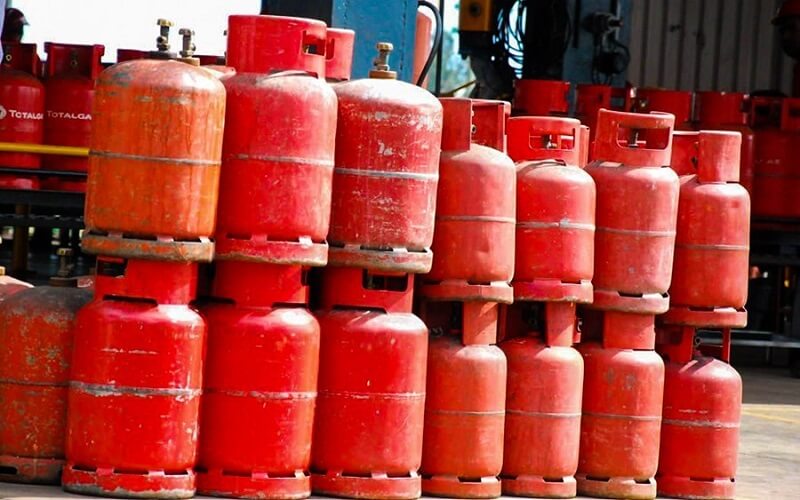Nigeria’s quest to replace domestic use of kerosene and firewood with cooking gas may be yielding results as use of Liquefied Petroleum Gas (LPG) has grown from a 70,000 metric tonnes 10 years to nearly 900,000 metric tonnes in 2019, and operators predicted it may hit over 2 million metric tonnes next year.
The country is recording steady growth in the domestic use of Liquefied Petroleum Gas, known as cooking gas, as its consumption level has moved from 54,000 metric tons on monthly basis in 2018 to 78,000 metric tonnes monthly in 2019.
Advertisement
Stakeholders identified the drivers to include removal of five per cent Value Added Tax on DLPG while reinstating VAT Duties on LPG imports to deepen market penetration, reduction in charges on LPG materials (steel sheets) and equipment as well as Duty-free and Tariff-free waiver for LPG equipment by the federal government(FG).
Similarly, the Programme Manager, National LPG Expansion Plan, Dayo Adeshina, said the federal government was targeting the consumption of five million tonnes of cooking gas in 2023.
To achieve this target, according to Adeshina, the government will require about $750 million worth of LPG transport and retailing infrastructure across the country and the establishment of 3,000 LPG plants.
It would also need to procure 10,000 trucks, 5,000 Bridgers as well as additional skids to achieve the target.
Advertisement
“The government is targeting increasing household LPG consumption from the current 750,000 tonnes to two million tons by 2021 towards achieving the goal.
“Rapid scaling of LPG usage requires combination of awareness/sensitisation, infrastructure delivery and funding, starting with household usage.” He said.
In similar development, Nigeria Bureau of Statistics (NBS) in its LPG price watch released in November showed the price of domestic gas went down to N4,104.83 in October 2019 from N4,124.20 in September 2019.



